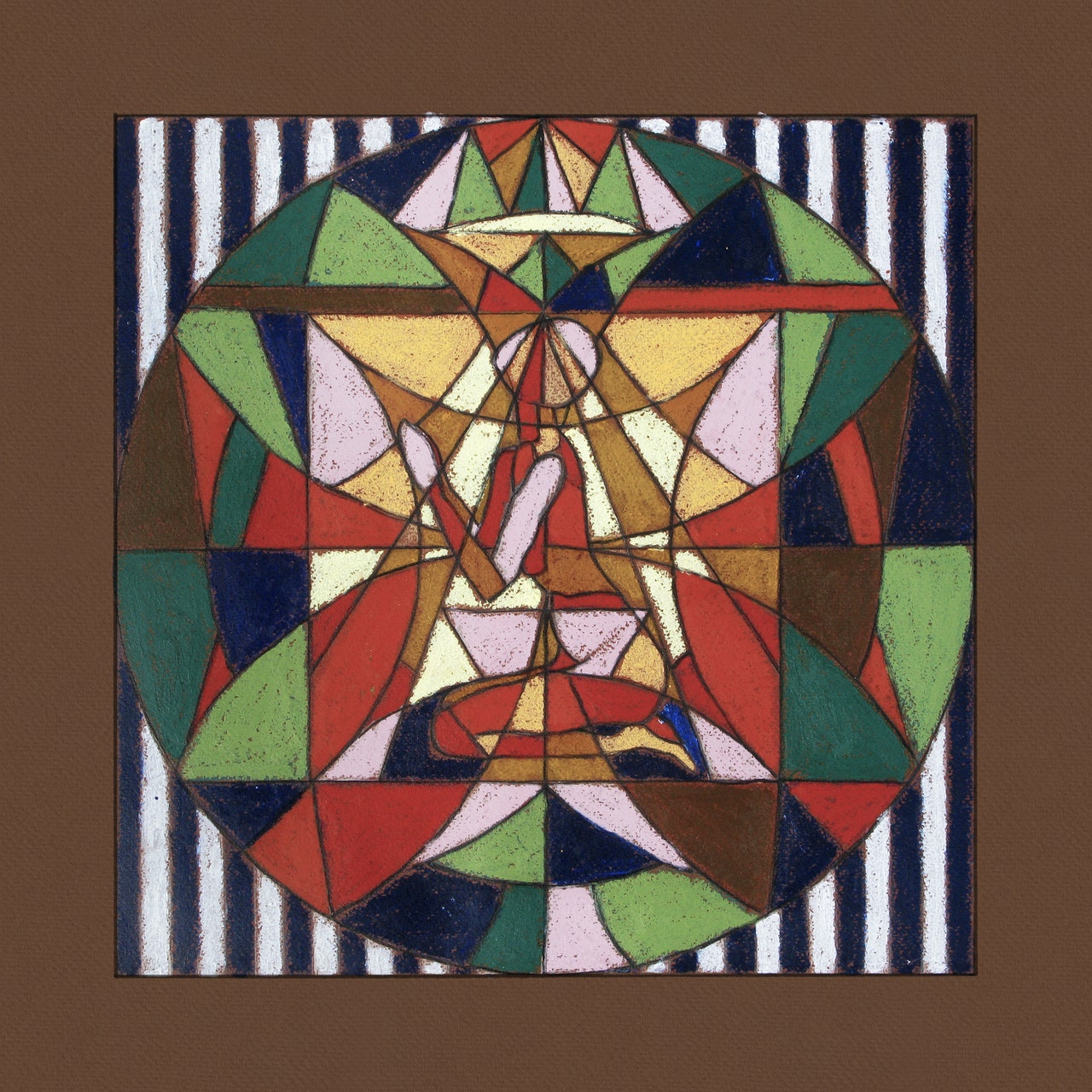The drama of domestic life is, for the most part, predictable. There are people playing roles for which they are more or less suited; there is a delimited setting; there are predefined relationships; there are well-worn actions. We could call this a script. Laura Marling calls it “patterns in repeat.”
Marling—who started her career so young that she once was barred from entering her own gig—for years closely guarded her privacy and personal life, making herself something of an intentional mystery. Her seventh record—Song for Our Daughter, released in the spring of 2020—marked a shift. It shrank from the big sonic landscapes of the previous three albums—the dark percussiveness of Once I Was an Eagle; the angry haze of Short Movie; the sexy, ragged blues of Semper Femina—and peeled back some of that early guardedness. Patterns in Repeat is even more intimate. There are swelling strings, yes, but no percussion at all, and Marling’s voice never reaches its fullest tones. The songs are marked by a homey quietness, and by what sounds like Marling’s insistence that there is beauty, as well as wisdom and joy, to be found within it.
The record comes on the heels of the birth of her daughter. Indeed, at first glance, Patterns seems to be all about motherhood, with titles like “Child of Mine,” “No One’s Gonna Love You Like I Can,” and “Lullaby.” The first of those songs opens the album with the sounds of domestic chatter: a man and a woman talking, a baby cooing. The choice is structural, though, not thematic: Marling made the record in her home studio, while her daughter was still an infant, and the deceptive simplicity of the domestic stretches around the songs like a frame. It is their container; it is the place from which they start and the place to which they return.
Sometimes, Marling sounds hemmed in by that container; in a few songs (“Lullaby” and “Your Girl” especially), her voice strains toward an impossible quietness. But more often—as in “Patterns in Repeat” and the plaintive “Looking Back,” written five decades ago by Marling’s father—she seems at ease with, and even emboldened by, these new constraints.
